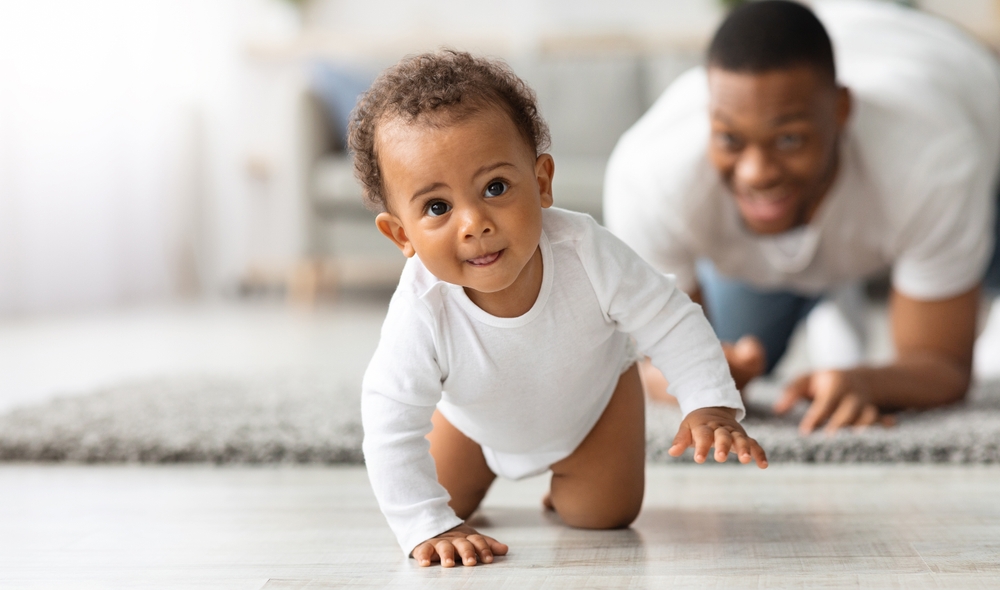The decision to send your child to preschool is an exciting milestone, but it can also bring questions about whether your child is truly ready. While there is no one-size-fits-all answer, several developmental signs can help you determine whether your little one is ready for the preschool experience. Here are some key signs to look for when evaluating if your child is prepared for the next step in their learning journey.
1. Emotional Readiness: Can They Handle Separation?
One of the biggest challenges for young children entering preschool is adjusting to separation from their parents or caregivers. Emotional readiness is an important factor, and it’s essential that your child feels comfortable being away from you for extended periods.
Signs of Emotional Readiness:
- They can say goodbye without too much distress, or they bounce back quickly after a brief period of crying.
- They can follow simple emotional cues, like recognizing when a peer is upset and offering comfort.
- They show signs of independence, like wanting to try things on their own (e.g., dressing themselves or playing independently for short periods).
2. Social Skills: Can They Interact with Peers?
Preschool is a social environment where children learn how to interact with peers and adults. Social readiness is about more than just sharing toys—it’s about being able to cooperate, communicate, and navigate the challenges of group play.
Signs of Social Readiness:
- They are able to play cooperatively with other children, sharing toys and taking turns.
- They can follow simple social rules, such as waiting in line or raising their hand.
- They are able to express their feelings and needs with words rather than through behavior like tantrums.
3. Communication Skills: Can They Express Themselves?
At preschool, children need to communicate with teachers and other students. Having basic communication skills—whether through speaking, gestures, or body language—can make the transition smoother.
Signs of Communication Readiness:
- They can speak in complete sentences, even if they are still mastering pronunciation.
- They can ask for help when needed and express their wants or needs clearly.
- They are able to follow simple directions, like “please sit down” or “put your toys away.”
4. Self-Help Skills: Are They Ready for Independence?
Preschoolers are expected to complete basic tasks independently. While they don’t need to be experts at everything, the ability to do simple tasks on their own will help them feel more confident in the classroom.
Signs of Independence:
- They can use the bathroom independently and know when they need to ask for help.
- They can wash their hands, put on their jacket, or feed themselves (with minimal assistance).
- They are beginning to understand and manage personal belongings, such as putting shoes on and hanging up coats.
5. Attention Span: Can They Focus for Short Periods?
Preschool involves structured activities that require focus. A child’s ability to pay attention for a short period of time (around 10-15 minutes) is an important factor in determining if they are ready for preschool.
Signs of Attention Readiness:
- They can engage in an activity (like a puzzle, book, or simple game) for at least 10-15 minutes without getting easily distracted.
- They can follow a story or complete a simple task without getting overwhelmed.
- They show interest in activities that require focus, like drawing or listening to a story.
6. Curiosity: Are They Ready to Learn?
A preschool environment is designed to encourage exploration and learning. Children who show a natural curiosity about the world around them and who enjoy trying new things are typically ready for the classroom.
Signs of Curiosity Readiness:
- They ask lots of “why” questions and show an interest in how things work.
- They enjoy exploring their surroundings, whether it’s asking about nature, toys, or new concepts.
- They display an eagerness to learn, such as wanting to engage in simple educational activities like counting or identifying shapes.
7. Physical Development: Are They Ready for Active Play?
Preschool involves a lot of physical activity, including running, climbing, and fine motor tasks like drawing or cutting with scissors. Children need to be physically able to engage in these activities safely and confidently.
Signs of Physical Readiness:
- They have basic coordination skills and can run, jump, and climb with ease.
- They can manipulate small objects (like buttons or crayons) and participate in fine motor activities.
- They have the stamina to play actively for a couple of hours.
8. Basic Routine Understanding: Can They Follow a Schedule?
Children in preschool are introduced to a structured routine, and understanding how routines work is an important part of readiness.
Signs of Routine Readiness:
- They can follow simple routines at home, such as knowing when it’s time for a snack, nap, or playtime.
- They are becoming comfortable with transitions, like moving from one activity to the next without much frustration.
- They are learning to understand concepts of time (e.g., knowing when it’s “time to go” or “time to clean up”).
There’s no perfect age for starting preschool—every child develops at their own pace. However, by looking for these developmental signs, you can gauge whether your child is ready for the new experience. Emotional, social, communication, and self-help skills all play a role in ensuring your child thrives in a preschool setting.
Ready to get your child started on their preschool journey?
At I’m Just a Kid, we create a nurturing and exciting learning environment that supports your child’s development every step of the way. Reach out to us today to learn more about our preschool programs and how we can help your child transition smoothly into the world of learning!
